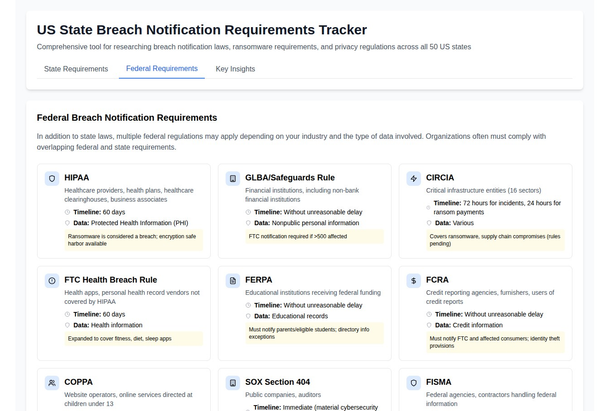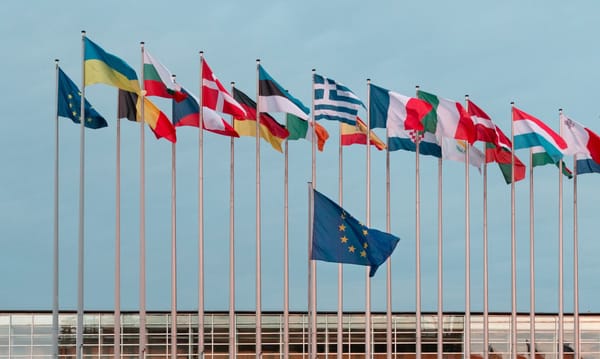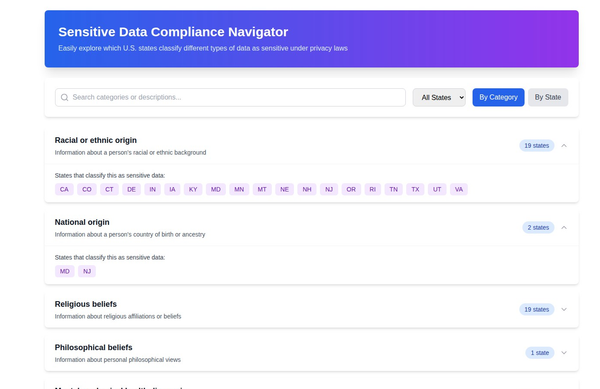Understanding the Personal Data Protection Act: Singapore's Framework for Data Privacy

Introduction
In an era where data is often referred to as the new oil, the protection of personal information has become a global priority. In Singapore, the Personal Data Protection Act (PDPA) serves as the primary legislation governing the collection, use, and disclosure of personal data by private organizations. This law establishes a robust framework for data privacy, balancing the rights of individuals with the operational needs of businesses.

What is the PDPA?
The PDPA was passed in 2012 and came into full effect on 2 July 2014. It introduces a comprehensive data protection framework that includes rules governing the collection, usage, disclosure, and care of personal data. The Act acknowledges both individuals' rights to safeguard their personal data—such as rights of access and correction—and the legitimate interests of organizations in handling personal data for lawful purposes.
Unlike sector-specific regulations, the PDPA adopts an omnibus approach, covering all private organizations in Singapore and applying to all types of personal data, whether factual or otherwise, and regardless of whether it is stored electronically or in physical formats.

Key Provisions of the PDPA
The PDPA outlines nine primary obligations that organizations must adhere to:
- Consent Obligation
Organizations must obtain an individual’s clear and informed consent before collecting, using, or disclosing their personal data for a stated purpose. - Purpose Limitation Obligation
Organizations may only collect, use, or disclose personal data for purposes that are reasonable and have been notified to the individual where applicable. - Notification Obligation
Organizations must inform individuals of the purposes for which their personal data is being collected, used, or disclosed before doing so. - Access and Correction Obligation
Upon request, organizations must provide individuals access to their personal data and details of its usage or disclosure within the past year. Individuals must also be allowed to correct inaccuracies in their data. - Accuracy Obligation
Organizations must take reasonable steps to ensure the personal data they collect or process is accurate and complete, especially if it will be used for decision-making or shared with another entity. - Protection Obligation
Organizations must adopt appropriate security measures to protect personal data from unauthorized access, collection, use, disclosure, copying, modification, disposal, or similar risks. - Retention Limitation Obligation
Organizations must not retain personal data longer than necessary for the stated purpose. When data is no longer needed, it must be securely deleted or anonymized. - Transfer Limitation Obligation
If personal data is transferred outside of Singapore, organizations must ensure it remains protected at a standard comparable to the PDPA’s requirements. - Accountability Obligation
Organizations must implement clear data protection policies and practices, appoint Data Protection Officers (DPOs), and ensure these policies are publicly available and communicated to employees.

Compliance with the PDPA
To maintain compliance with the PDPA, organizations should:
- Regularly review and update their data protection policies
- Ensure employee training on privacy obligations and best practices
- Implement robust security measures to prevent data breaches
- Designate a Data Protection Officer (DPO) responsible for overseeing compliance
- Conduct regular audits to assess adherence to PDPA standards
Non-compliance with the PDPA can result in significant penalties, including fines of up to SGD 1 million and enforcement actions by the Personal Data Protection Commission (PDPC).

Conclusion
The Personal Data Protection Act (PDPA) is a crucial step in ensuring data privacy and security in Singapore. It offers a structured approach to protecting personal information while enabling businesses to use data for legitimate purposes. As global privacy regulations continue to evolve, understanding and adhering to laws like the PDPA is essential for any organization that handles personal data.
Disclaimer: This article provides a general overview of the PDPA and should not be considered legal advice. For detailed compliance guidance, consult a legal expert specializing in Singaporean data protection law.









